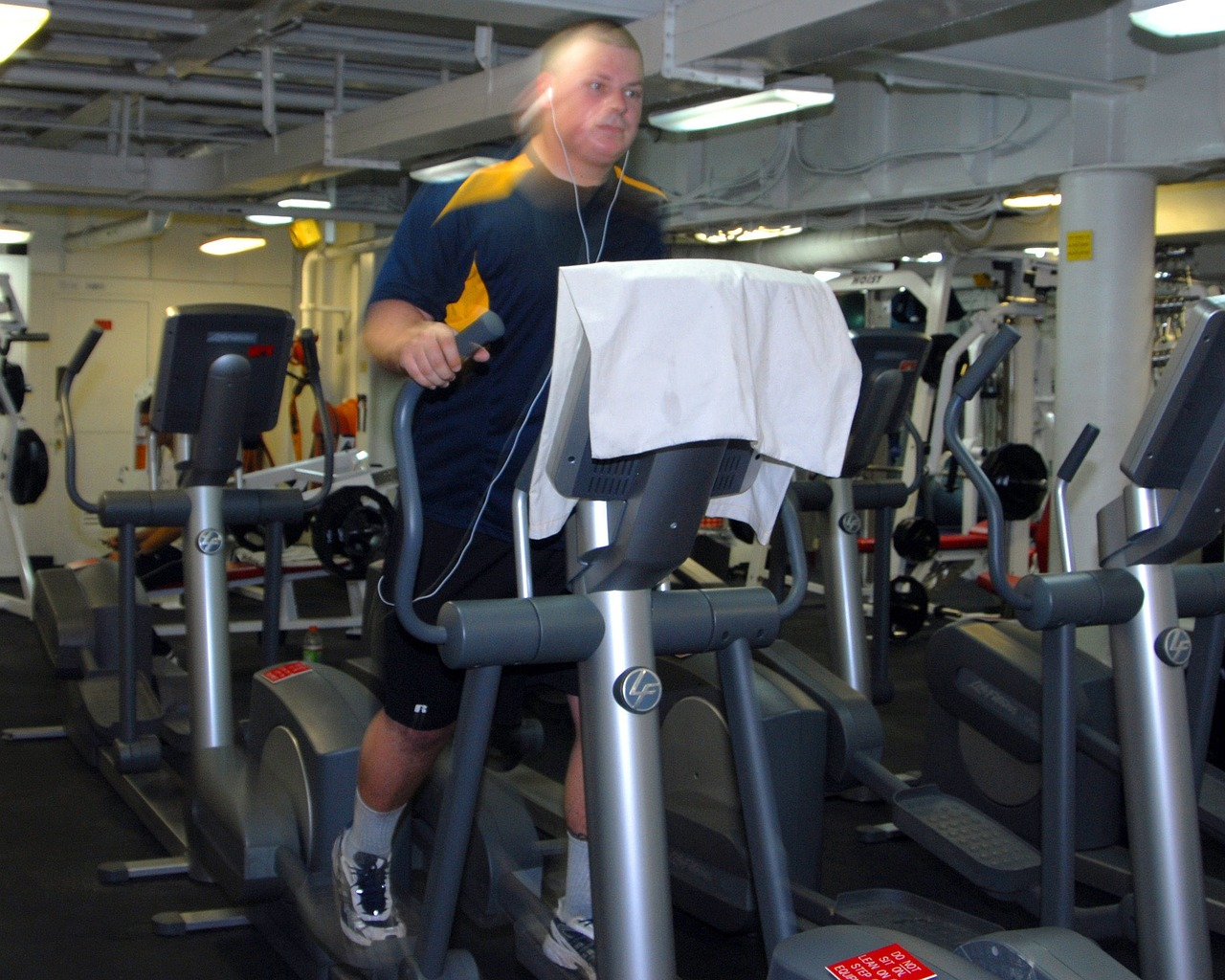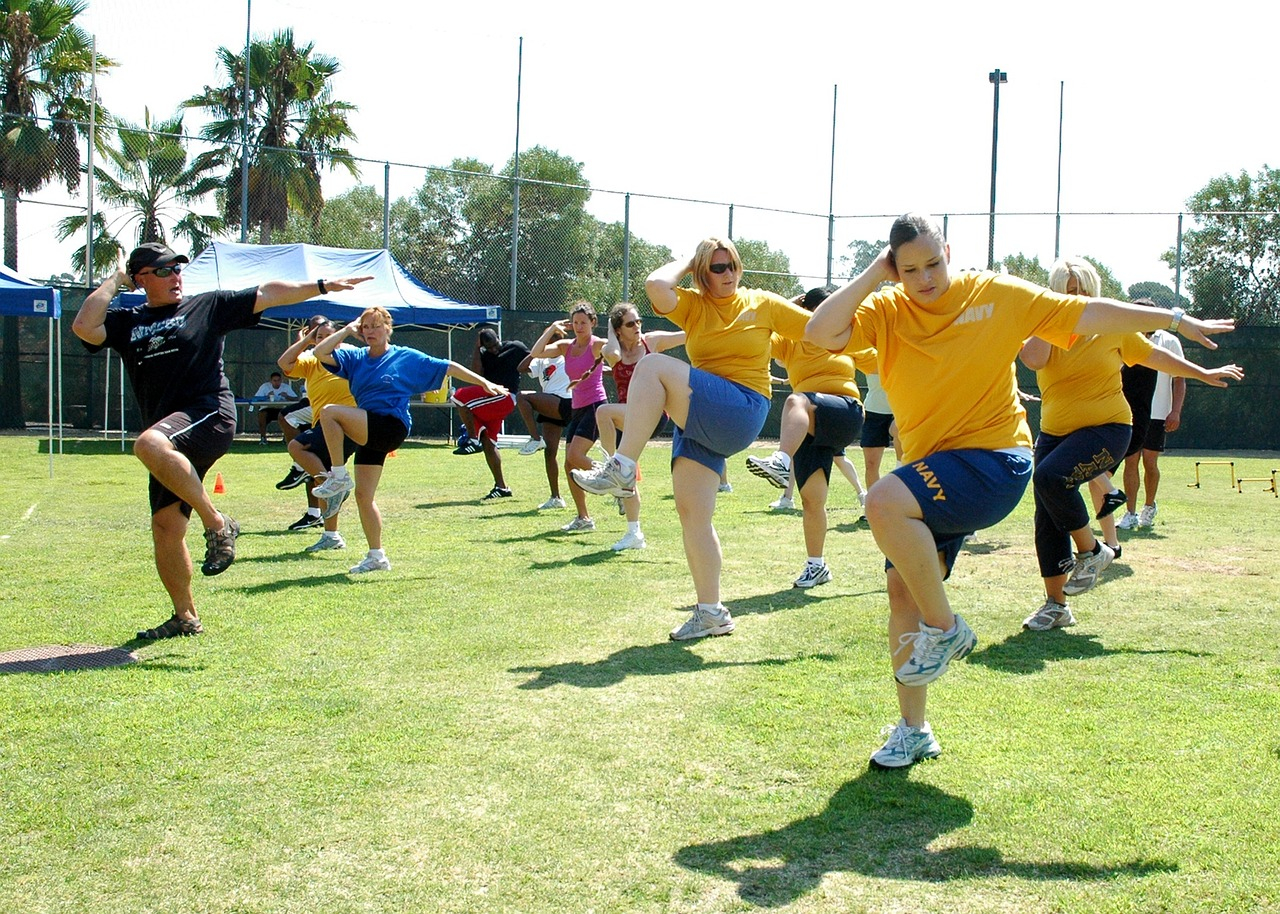How Many Calories Should I Burn A Day
In “How Many Calories Should I Burn A Day”, you will discover an encompassing guide to understanding your calorie needs, distribution and everyday consumption based on your lifestyle and physical health condition. This article meticulously discusses the amount of calories found in a diverse range of foods, from fruits like bananas, oranges, and avocados to everyday staples like chicken breast, eggs, and rice. Additionally, it provides insights into how many calories are needed to lose weight, and the number of calories you burn in a day performing various activities — essentially, everything you need to discern and manage your calorific intake effectively. Overall, it equips you with the knowledge you need to make informed dietary decisions and pave your way towards a healthier lifestyle.

Understanding Calories
Definition of Calories
Calories are units of energy. When we talk about food, calories refer to the energy that our body gets when we consume and metabolize different types of nutrients. These nutrients include fats, carbohydrates, proteins, and alcohol. They are all processed in various ways in your body, but all are significant sources of energy, delivered as calories.
Difference between Calories and Kilocalories
In dietary guidelines and nutritional labels, the term ‘calorie’ often refers to what is technically a kilocalorie (or 1000 “small” calories). This can sometimes cause confusion, but it’s important to understand that when most people talk about calories in the context of food and dieting, they’re referring to kilocalories. In other words, if a food label says it contains 100 calories, it technically contains 100,000 small calories, or 100 kilocalories.
Important role of Calories in the human body
Calories play a crucial role in the human body. They provide the energy our bodies need to perform essential functions such as breathing and maintaining heartbeat. Not only that, but they also fuel our daily physical activities from basic movements to exercise. More importantly, the calories we eat are utilized to help cells grow and replicate, supporting overall growth and development.
Determining Your Daily Calorie Needs
Using Metabolic Rate to determine Effort & Age
Every individual’s metabolism is unique and depends on several factors. Resting metabolic rate or RMR plays a vital role in determining how many calories your body requires. RMR is the amount of energy or calories your body needs to carry out basic functions at rest. This can be affected by factors such as age and effort; the older you are or the more physically active you are, the higher your metabolic rate is.
Activity Level as Module for Calculation
your activity level is an important aspect to consider when calculating your daily calorie needs. Sedentary individuals (those who engage in minimal physical activity) require fewer calories than active individuals or those who engage in regular physical exercise. Therefore, choosing an accurate activity level when determining your daily calorie needs will help you balance your calorie intake and maintain good health and energy levels.
Effect of Weight, Height, and Age on Calorie Needs
Weight, height, and age also greatly influence how many calories you need daily. For instance, people who weigh more or are taller generally need more calories, as they have more body mass to fuel. As you age, your metabolic rate tends to slow, reducing the number of calories you need. It’s crucial to take these factors into consideration when determining your daily caloric requirements.

How Many Calories Do You Need a Day
Recommended daily calorie intake for men
Generally, the average adult man needs around 2,500 calories a day to maintain his weight. This estimate varies depending on factors like age, level of physical activity, and lifestyle. Men who lead more active lifestyles will need more calories to maintain their weight than those who are sedentary.
Recommended daily calorie intake for women
For adult women, the recommended daily calorie intake is approximately 2,000 to maintain weight. Like men, this figure varies based on age, physical activity level, and lifestyle. Ladies who are more physically active, or who are pregnant or breastfeeding, need more calories to keep up with their bodies’ increased energy demands.
How specific health conditions affect your calorie needs
Different health conditions could affect your daily calorie needs. For instance, conditions that speed up metabolism—like hyperthyroidism—can increase calorie needs, while others that slow it down—such as hypothyroidism—can reduce it. If you are grappling with a health condition, consult your doctor or a dietitian about how many calories you need each day to maintain or improve your health.
Calorie Content of Various Foods
Calorie content of fruits like bananas, apples, avocado, etc.
Fruits are not just nutritious, but they contain varying calories. On average, a banana has around 105 calories, an apple approximately 95 calories, and an avocado around 240 calories. Keeping track of the calorie content of fruits can help balance your diet.
Calorie content of proteins like egg & chicken breast
Eggs are a good source of protein and other nutrients. One large egg contains about 72 calories. On the other hand, the chicken breast is a lean meat, with 85g of it containing roughly 110 calories. Including these proteins in your diet is crucial for maintaining muscle strength, but keep track of portion sizes as calories can add up quickly.
Calorie content of beverages like vodka
The calorie content of beverages should also be considered. a typical shot of vodka (1.5 ounces) contains approximately 97 calories. Remember, these are considered “empty calories” because they provide little to no nutrients.

Managing Your daily Caloric Intake
Balancing Calorie Intake and Your Health Goals
your health goals should be a crucial determinant for your daily calorie intake. Whether your goals are to lose weight, maintain weight, or gain weight, they all require different calorie amounts. To lose weight, you need to create a calorie deficit, and to gain weight, a calorie surplus is necessary.
Creating a Balanced and Nutritious Meal Plan
A balanced meal plan should typically consist of a variety of foods from all food groups in the right proportions. A good meal plan should also ensure that you are obtaining the necessary nutrients your body needs, without consuming too many calories.
Options for Low-Calorie but Nutrient-Rich Foods
Choosing low-calorie, nutrient-rich foods can help manage your calorie intake. These could be fruits, vegetables, lean proteins, and whole grains. These foods are usually low in calories but high in many essential nutrients, helping you meet your nutrient needs without consuming too many calories.
How Many Calories Should I Eat to Lose Weight
Creating a Calorie Deficit for Weight Loss
To lose weight, you must create a calorie deficit by burning more calories than you consume. To do this, you can either eat fewer calories or increase the number of calories you burn through exercise, or a combination of both.
Safe Calorie Reduction for Weight Loss
When aiming for weight loss though caloric reduction, it’s essential to do it safely. Cutting around 500 to 1,000 calories from your regular daily intake is generally safe and sustainable. This will often lead to a weight loss of about 1 to 2 pounds per week.
Role of Physical Activity in Weight Loss
Exercise plays a crucial role in weight loss. Not only does it help burn calories and create a calorie deficit, but it can also boost metabolism, making your body more efficient at burning calories. Plus, exercise promotes muscle growth, and muscle burns calories more rapidly than fat.

How to Burn Calories
Physical Activities and Burning Calories
Any physical activity helps burn calories. This could include walking, running, cycling, swimming, or weightlifting. Even household chores and yard work can burn a considerable amount of calories depending on the intensity and duration.
Calories Burned in Various Exercises
Different exercises can burn varying amounts of calories. For example, running or skipping rope can burn a lot of calories in a short period compared to low-intensity activities like walking or yoga.
Everyday Activities that Help Burn Calories
Don’t ignore everyday activities like walking, cleaning, or gardening; they can burn a significant amount of calories over time. These activities, known as NEAT or non-exercise activity thermogenesis, can contribute a substantial amount to your total daily calorie burn.
Understanding How Many Calories You Burn in a Day
Estimating Calorie Burn through Metabolism
Even at rest, your body burns calories to perform essential functions like breathing and pumping blood. This is your basal metabolic rate (BMR). Your active metabolic rate (AMR) includes all the extra calories burned through physical activity. The total of your BMR and AMR is the total calories your body burns per day.
How Body Composition Influences Calorie Burn
Body composition—how much muscle versus fat you have—can affect how many calories you burn. Because muscles burn more calories than fat, those with a higher lean muscle mass will burn more calories, even at rest.
Additional Factors that Affect Calorie Burning
Other factors such as age, gender, and lifestyle can affect how your body burns calories. For instance, younger people tend to burn more calories than older people because they have faster metabolic rates. Likewise, active individuals burn more calories than sedentary ones.

How Many Calories Should You Burn a Day
Determining Your Calorie Burn Goals
Your calorie burn goals depend on your health objectives. For example, if you want to lose weight, you might aim to burn more calories than you eat to create a calorie deficit. However, if you’re aiming to maintain weight, then you’ll endeavor to burn the same quantity as the calories you consume.
Recognizing the Balance between Calorie Intake and Calorie Burn
Maintaining a balance between calorie intake and calorie burn is crucial. Consuming more calories than you burn leads to weight gain, while burning more than you consume leads to weight loss.
Personalizing Your Calorie Burn based on Your Body and Goals
Your body’s needs are unique, and therefore your calorie burn should align with your health goals. There’s no one-size-fits-all answer to how many calories you should burn each day. Personal factors such as age, sex, weight, activity level, and health goals all determine the number of calories you should aim to burn.
Keeping Track of Your Calories
Benefits of Keeping a Food Diary
keeping a food diary can help determine how many calories you’re consuming. This can be a good initial approach when you’re trying to lose weight or maintain a healthy eating habit. It can help you identify patterns, recognize triggers for overeating, and help plan meals and snacks to ensure a balanced diet.
Using Apps to Count Calories
Many apps and online tools can help you track both calorie intake and physical activity levels. These can be a practical, convenient option for keeping on top of consumed and burned calories when you’re on the go.
Educating Yourself on Food Nutritional Labels
Understanding food labels can provide valuable information about the calorie content of foods and drinks you consume. By checking the labeling, you can gain insight into not only how many calories are in a serving but also what other nutritional value the food possesses.

